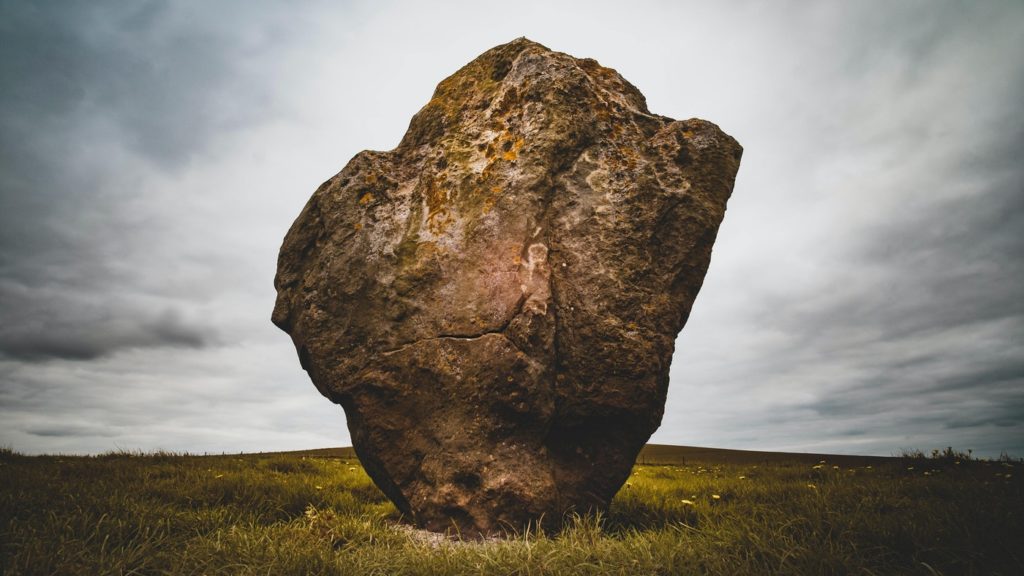I’m grateful to be a part of the GCD Writer’s Guild where each week we are presented with a writing prompt and a word count. The genre can be whatever you like. This week’s prompt was “Ebenezer” and the word count was 300, but…yeah.
The bump protruding from my collarbone reminds me of the only thing I can remember before it broke in half: “Camera’s rolling, let’s go!” And then the first thing I can remember from after—the words of my friend’s mother in the car on the way to the emergency room: “Why did you think that was a good idea!?”
Truth is, there are a lot of good ideas I think I have, but they usually end up hurting me in some way. When I was younger, my good ideas would hurt me physically. Turns out playing “kill the man” on top of a pile of round six-foot hay bails is quite fun, but it can also cause the fingers on your left arm to touch your elbow, leading to a seasonal ache each time the weather changes that brings to mind another memorable emergency room trip.
Now that I’m older, my good ideas still hurt me, but in a different way. I had a good idea once to say two beautiful words to a beautiful lady in front of a bunch of other beautiful people on a beautiful day in July of 2012. Just two words sealed me to a lifetime commitment of love and joy and splendor, and now I’ve got a ring on my left hand to remind me of that good idea. But that good idea also sealed my fate to one of pain and sacrifice and long-suffering, evidenced on the ring by all the dings, chips, and scratches it bears. I had made the choice to love.
Now, THAT…that was a good idea. It was also a terribly painful one. Anyone that has truly loved before knows that to be the case. A lot of the pain associated with love is usually directed towards the thing or person that is loved for not reciprocating your feelings in some way that you expect. But another good idea that I think I have is that the source of this pain is not the loved, but love itself.
Love doesn’t think of its own, it doesn’t keep a record of wrongs, and it doesn’t pile a heap of expectations upon the recipient. But what love does do is require sacrifice from the giver. Baked into the act of love is pain.
Corrie ten Boom’s father was a man who understood this paradoxical reality. He explains to his daughter:
“Corrie, do you know what hurts so very much? It’s love. Love is the strongest force in the world, and when it is blocked that means pain. There are two things we can do when this happens. We can kill the love so that it stops hurting. But then of course part of us dies, too.”
Each display of love is a sacrifice and a willingness to set aside your own preferences. To love is to be uncomfortable and to enter into very dangerous territory. Truly loving well will leave you scarred, battered, bruised, perhaps even hanging from two rusty nails on an old splintered piece of wood. Yet those puncture wounds and bruises, the scar tissue that builds up around your heart sometimes making it feel like it will soon stop beating, those are all reminders of what love has allowed you to endure. That person or thing only mediated the hurt, they were just the middle-man, love itself is what hurt you. Love itself is what wounded. But love itself is also what sustained you. And the wounds left in its wake are wonderful reminders of its power to carry you through the pain it inflicts.
Here’s the gist of this whole idea: True Love will hurt you and It will wound you. Not even Love itself could escape the pain that is married to It, but instead It willingly embraced it, recognizing it as something necessary for Its fulfillment and purpose. True Love still carries the immortal wounds brought on Itself, mediated by the ones It came to love. But true Love understood that pain and those scars as worthy of being eternally memorialized and remembered forever. It’s the blood that Love shed and the flesh that Love broke that will be sung about and celebrated forever.
Love. What a wonderful idea.
Photo by Zoltan Tasi on Unsplash
*Thanks to Brianna Lambert for pointing me to the ten Boom quote.

